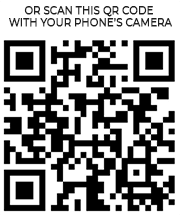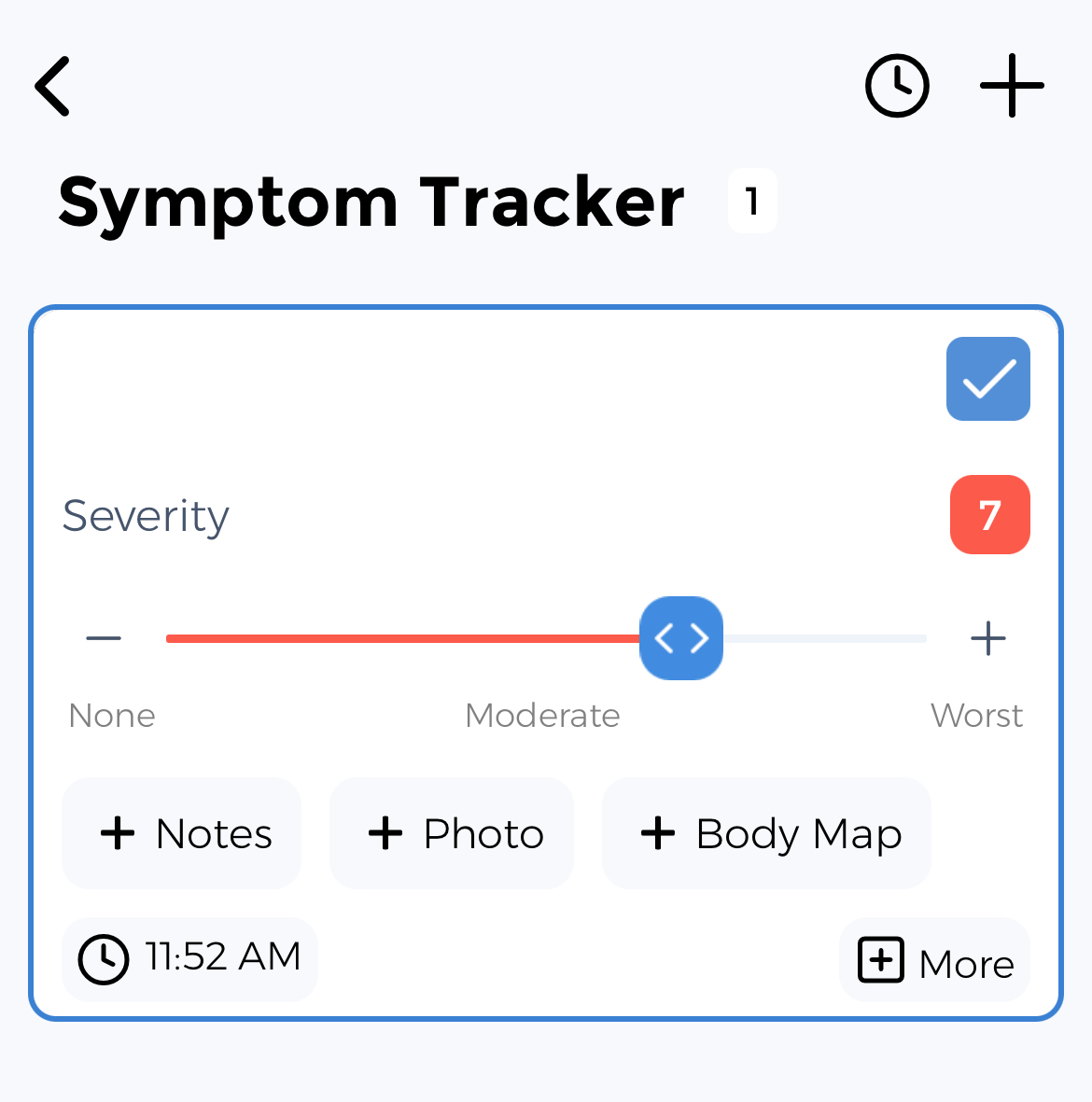Esophageal Strictures Symptom Tracker: Your Health Assistant
Living with Esophageal Strictures means dealing with difficulty swallowing, pain when swallowing, feeling of food stuck in chest, and more. But here's the truth: Data is your most powerful tool. Every logged symptom reveals patterns—so you can take informed action.
Esophageal strictures are abnormal narrowings of the esophagus that cause difficulty swallowing and may result from acid reflux, radiation therapy, ingestion of caustic substances, or other injuries. The condition impairs normal eating and drinking and can lead to weight loss and malnutrition. Tracking symptoms and dietary modifications helps manage the condition and monitor treatment effectiveness.
Key Esophageal Strictures Symptoms You Should Track
Struggling with symptoms like these? Tracking them reveals patterns, triggers, and how they impact your daily life.
Difficulty swallowing
Pain when swallowing
Feeling of food stuck in chest
Chest pain
Heartburn
Regurgitation
Coughing when eating
Weight loss
Food impaction
Recurrent pneumonia
Malnutrition
Dehydration
Track Your Esophageal Strictures Treatments
Tracking how these common treatments affect your symptoms can help you and your healthcare provider optimize your care plan:
Our tracker helps you monitor when you take medications and how they affect your symptoms over time.
Standardized Esophageal Strictures Assessments
Complete these evidence-based assessments in the App to measure your severity and monitor your progress:
⚡ Knowledge Is Your Superpower
The difference between feeling overwhelmed by Esophageal Strictures and feeling in control starts with data. When you track your symptoms, you transform uncertainty into clarity. Every data point brings you closer to understanding your unique patterns.
It's free to try for anyone—whether you're managing your own condition, supporting a child, helping an aging parent, or assisting a partner. Our tracker adapts to your specific role in the health journey.
How the CareClinic Esophageal Strictures Symptom Tracker Adapts to Your Needs
Adults
Caregivers
Parents of Children
Young Adults
Your Complete Esophageal Strictures Management Toolkit
Uncover Patterns & Insights
Map your Esophageal Strictures symptoms like a detective solving a case.
Understand Your Medication's Impact
Turn guesswork into strategy. See how treatments affect your well-being with clear health insights.
Objectively Measure Your Progress
Use clinically validated tools to objectively measure your progress.
Other Tools You May Like...
Plus 6 more specialized tracking tools available
Access All Tracking ToolsAlso Supports Other Conditions Like
Gastroesophageal Reflux Disease Tracker
Gastroesophageal Reflux Disease warriors use our tracker to monitor heartburn, regurgitation.
Barrett's Esophagus Tracker
Barrett's Esophagus warriors use our tracker to monitor heartburn, regurgitation.
Achalasia Tracker
Achalasia warriors use our tracker to monitor difficulty swallowing, regurgitation of food.
Esophageal Cancer Tracker
Esophageal Cancer warriors use our tracker to monitor difficulty swallowing, weight loss.
Success Stories from Our Community
"This tracker was my turning point with Esophageal Strictures. The data showed my coughing when eating improved when I tracked and managed related health issues. Now I can have meaningful conversations with my healthcare team with confidence."
"The most valuable feature for me was the dietary intake tracker. After being told it was 'all in my head', but after tracking consistently, I could show my doctor exactly what was happening."
Take Control of Your Esophageal Strictures Journey
Transform from feeling like a passive patient to becoming an informed self-advocate. Join thousands who've discovered new insights about their condition.
Designed by people who understand the daily challenges of managing chronic conditions, we're here to support you and your ❤️ ones.
Download Your Esophageal Strictures Tracker NowYour Data is Protected
Private & Secure
HIPAA Compliant
GDPR Compliant
Never Sell Data
Your data is yours: You get full control over who can view your information. CareClinic keeps all your data secure and encrypted.
References based on studies by:

